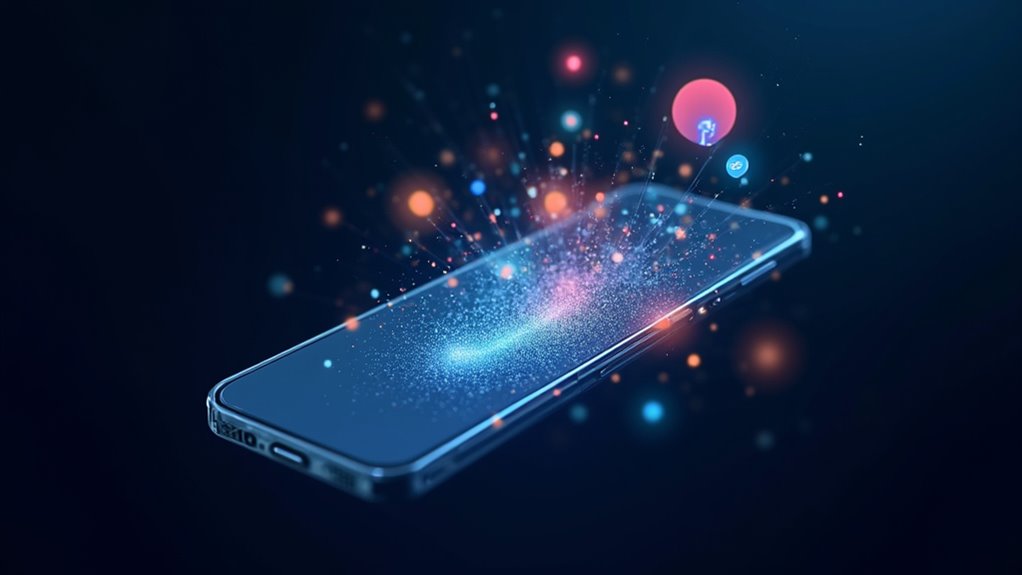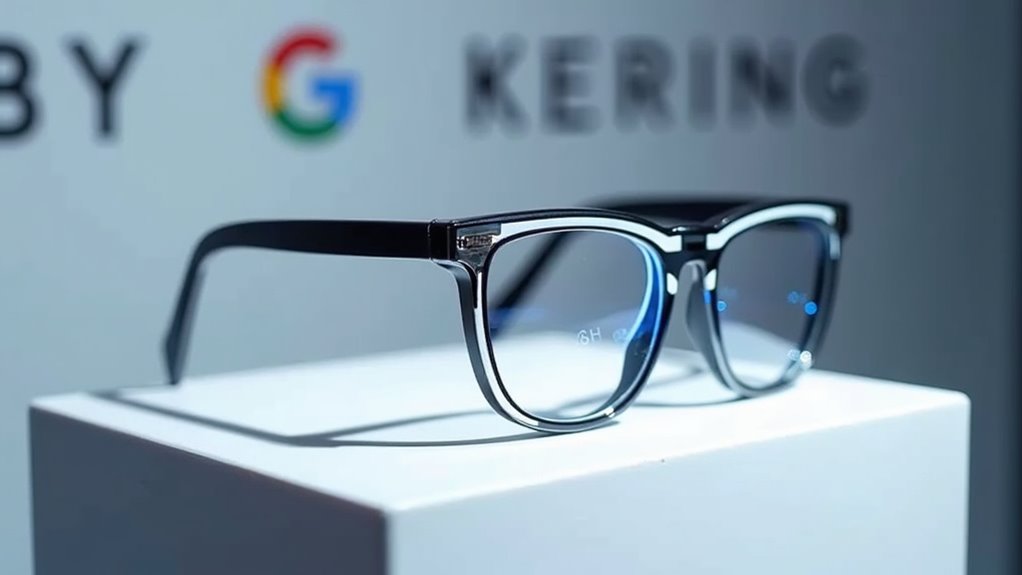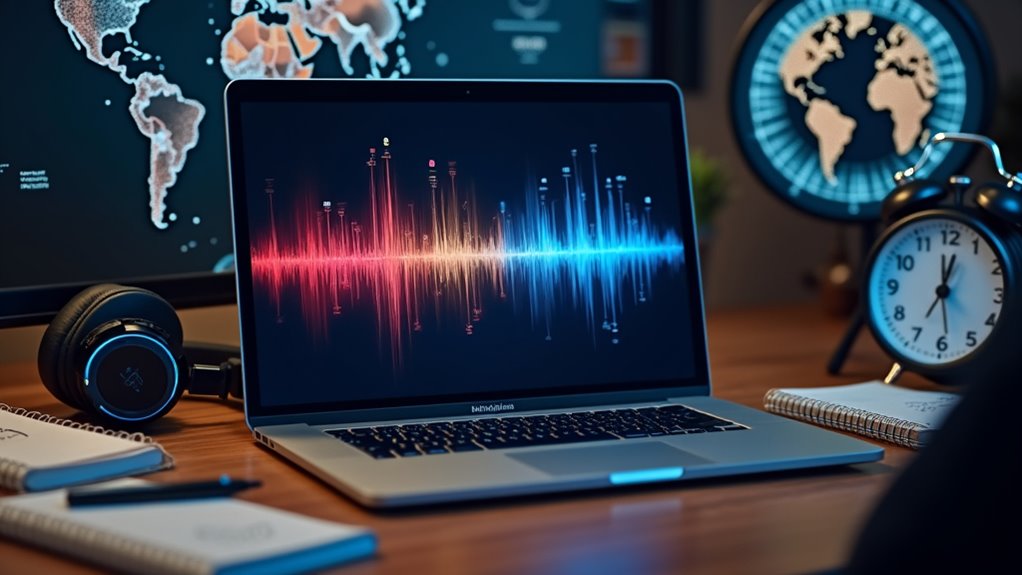Google’s AI chatbot ads represent the biggest shift in search monetization since keyword advertising began. They’re transforming how we interact with information online, blending commerce into conversations rather than separate search results. Performance Max campaigns now reach users in novel contexts, while AI tools like Veo automate ad creation. The ads feel less intrusive in chatbots—hey, who doesn’t prefer shopping suggestions that actually make sense? This integration signals a future where the line between information and advertising continues to blur.
In the relentless pursuit of advertising dollars, Google has begun slipping ads into AI Overviews and chatbots across the digital landscape. It’s not just their own platforms getting the ad treatment—third-party chatbots like iASK and Liner are now showing Google-powered ads through AdSense. *Surprise, surprise*—the tech giant found another way to monetize our conversations with machines.
This shift marks something deeper than just new ad placements. It represents a fundamental transformation in how we interact with information online. Those Performance Max and Shopping campaigns that marketers love? They’re about to reach you in entirely new contexts, far beyond the traditional keyword search.
Google’s internal data shows these AI-powered ad placements are capturing search moments that traditional keyword strategies miss completely. Smart Bidding Exploration—fancy name for “let’s find where else we can show you ads”—has already increased unique converting search queries by 18%. Translation: you’ll see more relevant ads in places you never expected them.
The tech isn’t just changing where ads appear, but how they’re created. Google’s Veo and Imagen AI models are now helping advertisers build visuals and videos automatically. Less time designing, more time selling—that’s the promise, anyway.
For users, this might not be entirely terrible. Ads served within conversational contexts often feel less intrusive than traditional banner ads screaming for attention. Your AI chatbot conversation about vacation spots might naturally include bookable options without disrupting your flow of thought. Users can now even upload their photos for virtual clothing try-ons as part of Google’s enhanced shopping experience. The system analyzes billions of listings hourly to ensure prices and product information remain current.
What’s particularly interesting is how Google is expanding beyond its walled garden. By partnering with third-party AI chatbots, they’re ensuring their ad dominance continues even as search behavior evolves. Smart move as ChatGPT and others eye their own ad-supported models.
The days of ten blue links followed by obvious ads are fading fast. Instead, we’re entering an era where commerce, information, and conversation blend seamlessly—for better or worse, depending on how much you value the distinction between helpful answers and subtle sales pitches. With AI Overviews now reaching over 1.5 billion users worldwide, Google’s influence on how we discover products and services continues to grow exponentially.









